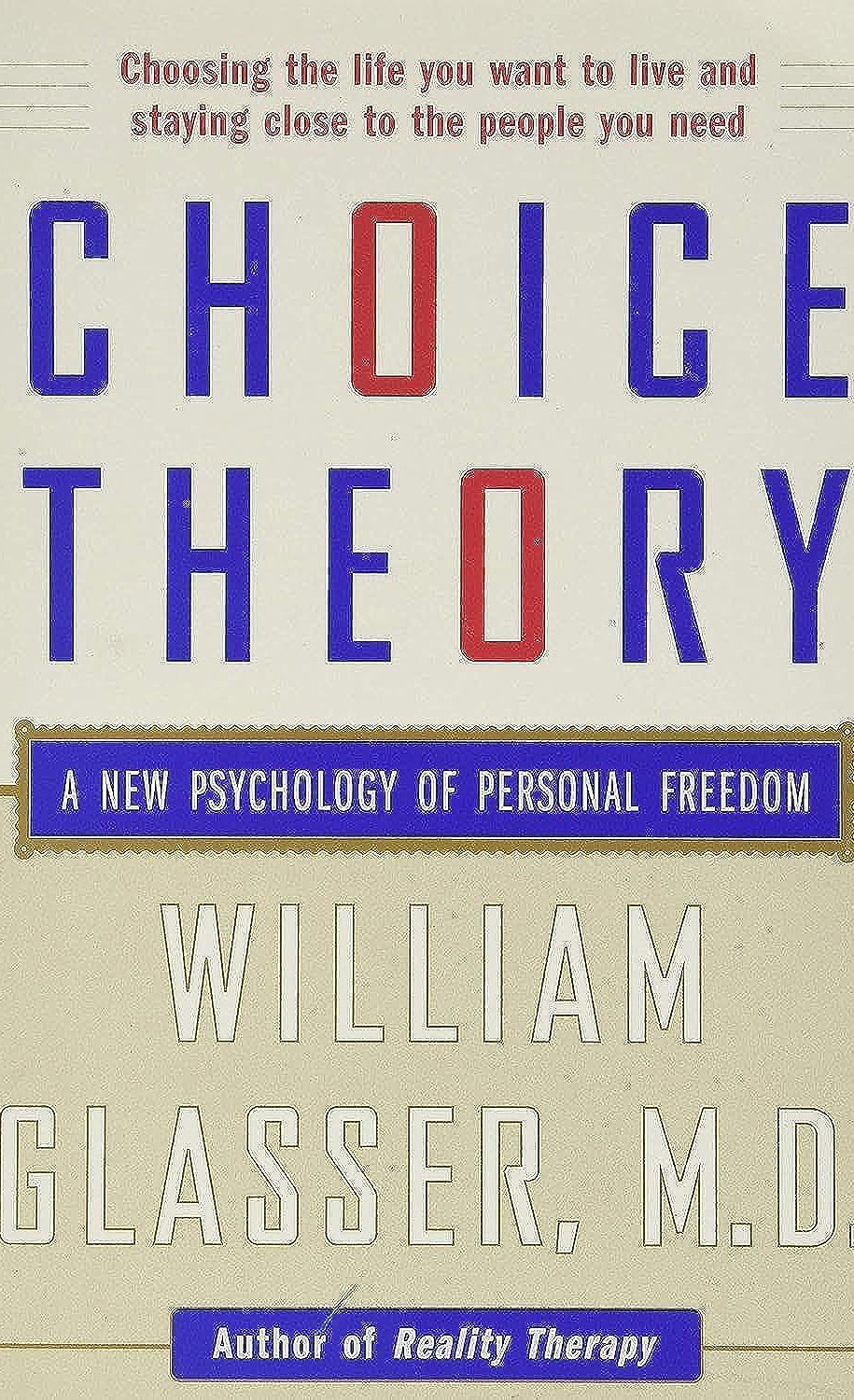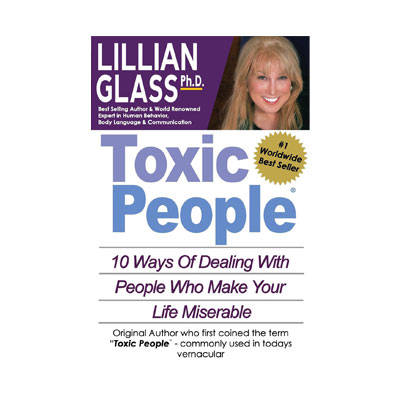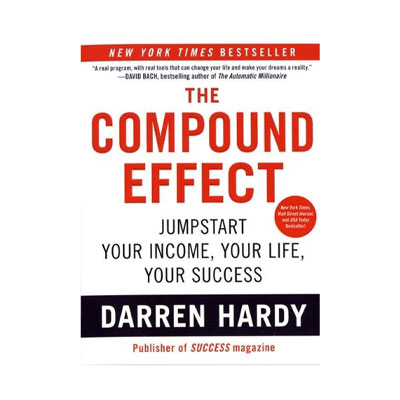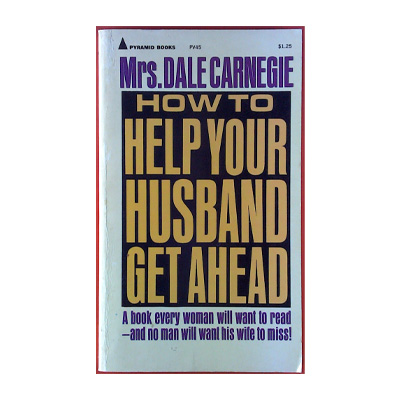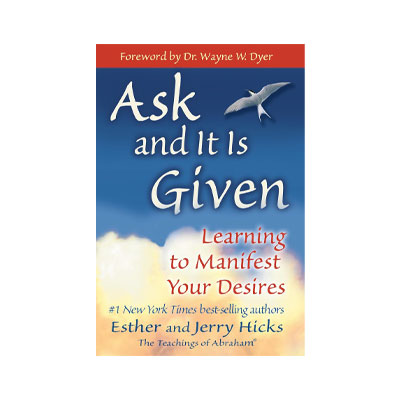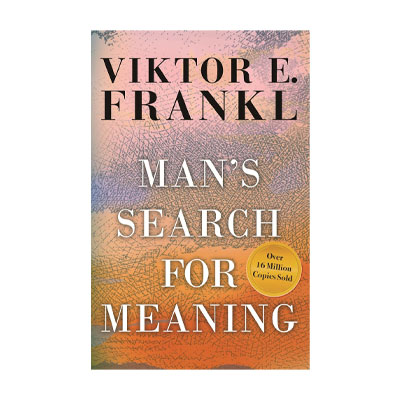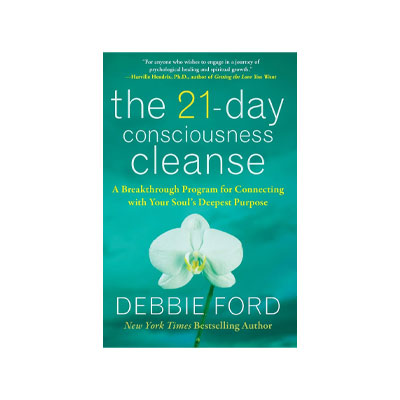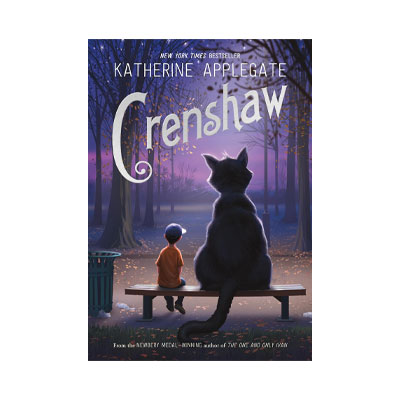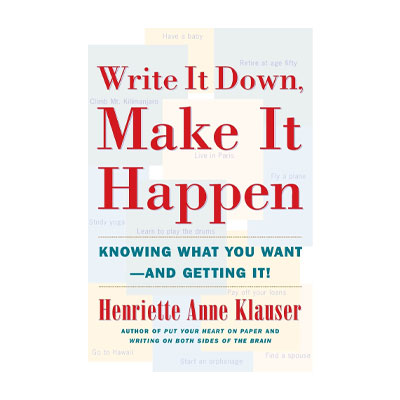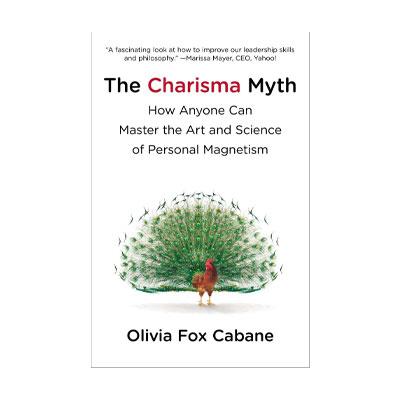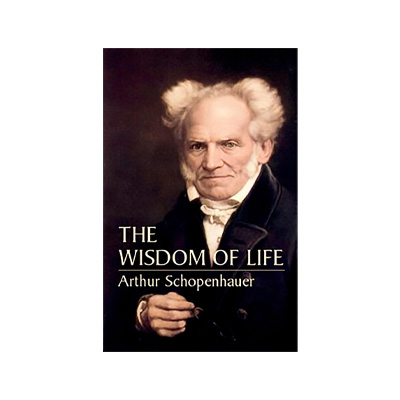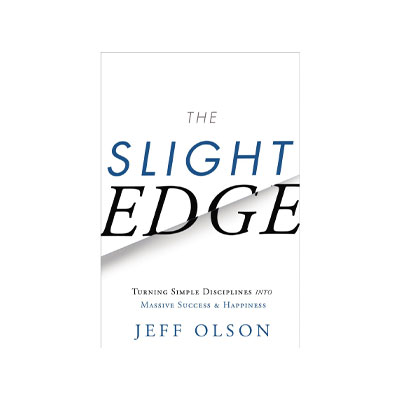Book Summary
The book "Choice Theory" is one of the most valuable and best books ever written in the field of personal growth and development. Many authors and experts in psychology and personal development use this book in their speeches and articles. The main concern of William Glasser is human choices; he believes that the root of many of our behaviors lies in the choices we make. He asserts that if we correct our choices, our behaviors will also improve.
In this work, Dr. Glasser argues that every person, with every choice they make in life, is striving to satisfy one of these five basic needs: 1 – the need for survival 2 – the need for love and belonging 3 – the need for power 4 – the need for freedom 5 – the need for fun.
Choice Theory emphasizes the control each individual has over their emotions and behaviors. Thus, it can be concluded that if we believe in Choice Theory, we fully accept responsibility for our lives, and this sense of responsibility brings us freedom. To understand how this theory works, it is necessary to review some points that lead us to a shared understanding of this topic. If we accept that all our behaviors and actions are performed to satisfy these five basic needs, we can then acknowledge that we have complete control over our actions.
Many times, we may consciously or unconsciously attribute our problems to our past. While we cannot deny the impact of the past, including childhood, on our personality and current life, this past should not become a prison for us because dwelling on painful memories does not help improve our present. Additionally, we can see a reflection of psychological problems in our emotional relationships. Understanding and accepting this can help us take steps toward improving our relationships and our current state.
In the first chapter of "Choice Theory" Glasser explains the need for a new psychology as follows: "The operational premise of external control psychology is to punish individuals who do wrong so that they do what you think is right, and then reward them to maintain and reinforce the new behavioral pattern. This premise dominates the mindset of most people on this planet."
Another key chapter in "Choice Theory" is the second chapter, where Glasser addresses the fundamental needs and emotions of humans. This chapter is important because it defines basic needs in behavioral theories and serves as a foundation for much of what is discussed later in Choice Theory based on Glasser's assumptions. These needs and their priorities form the roots of significant life choices for each individual.
About the Author
William Glasser was born on May 11, 1925, in Cleveland, Ohio, and passed away on August 23, 2013, at the age of 88. He was an American psychiatrist known for his innovations in individual counseling in workplaces and schools, focusing on choice and personal responsibility as well as personality transformation. Glasser opposed common principles among psychiatrists that quickly prescribed medication instead of focusing on classifying psychological syndromes as mental disorders. Nevertheless, he was a well-known psychologist who swam against the current.
Book Quotes
- The only person we can control is ourselves.
- The only thing exchanged between us and others is information. What we do with that information depends on our own choices.
- All long-term psychological problems are relational problems.
- Relational problems are always a part of our current life; we can free ourselves from many things, but we can never live happily without at least one satisfying personal relationship.
- Painful past events play an important role in who we are today, but revisiting them does little to address our current needs.
- We have five main genetic drives: the need for survival, the need for love and belonging, the need for power, the need for freedom, and the need for fun.
- To satisfy these needs, we must improve one or more images in our quality world, which is part of our world that consists of the most important things we know and recognize.
- From the moment we are born until death, we are engaged in behavior. Overall behavior consists of four inseparable components: action, thought, feeling, and physiology.
- Behaviors should always be expressed in the form of a verb or infinitive, and we must be the subject of the sentences. Instead of saying "I have become depressed" or "I am depressed," say "I have chosen to be depressed." I am making myself depressed or I have made myself depressed.
- Behavior is always a choice. Of course, we have the power to choose in two areas: thought and action; physiology and feeling are influenced as a function of our choices.
